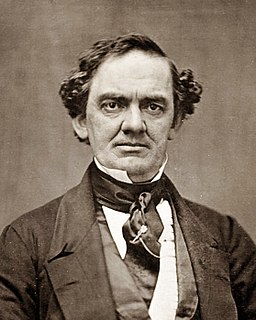A Quote by Sonia Braga
We did receive some questions about the film's [Aquarius] sexuality in Cannes, but they came from the press rather than audiences.
Related Quotes
Nobody who comes out of the movie [Aquarius] focuses on those [sexual] scenes, because they are not the heart of the film. They are a consequence of the story, but I don't remember hearing audiences talking about them afterward. They came out discussing themes of resistance, history and memory. They're talking about the beauty of the self and how it can become demolished.
When you actually see it, it is quite strong, but there's nothing really pornographic about it. They are high-impact yet very short moments of sexuality, which makes it very confusing for the censors. If censors were merely human beings who watch a film ["Aquarius"] and come out with a conclusion about what they saw, then there wouldn't be a problem.
When the film [Certified Copy] was in the Cannes Festival, I realized that the fact of having it shot in a different culture, in a different language, in a different setting, that wasn't mine and that I didn't belong to, gave me a totally different relationship to the film. When I was sitting in the audience during the official screening in Cannes, I didn't feel that it was my film.
There are some audiences who are uncomfortable with the ambiguity, though. They want a film to chew their food for them, they want Hollywood endings that tie everything together in the end and answer all of the questions. They are usually people on one extreme of the political spectrum or other and they haven't been happy because the film is not polemical enough on their side. They aren't usually people who aren't interested in understanding points of view that they disagree with - they just want to attack their opponents - and I'm ok with them not liking the film.


































